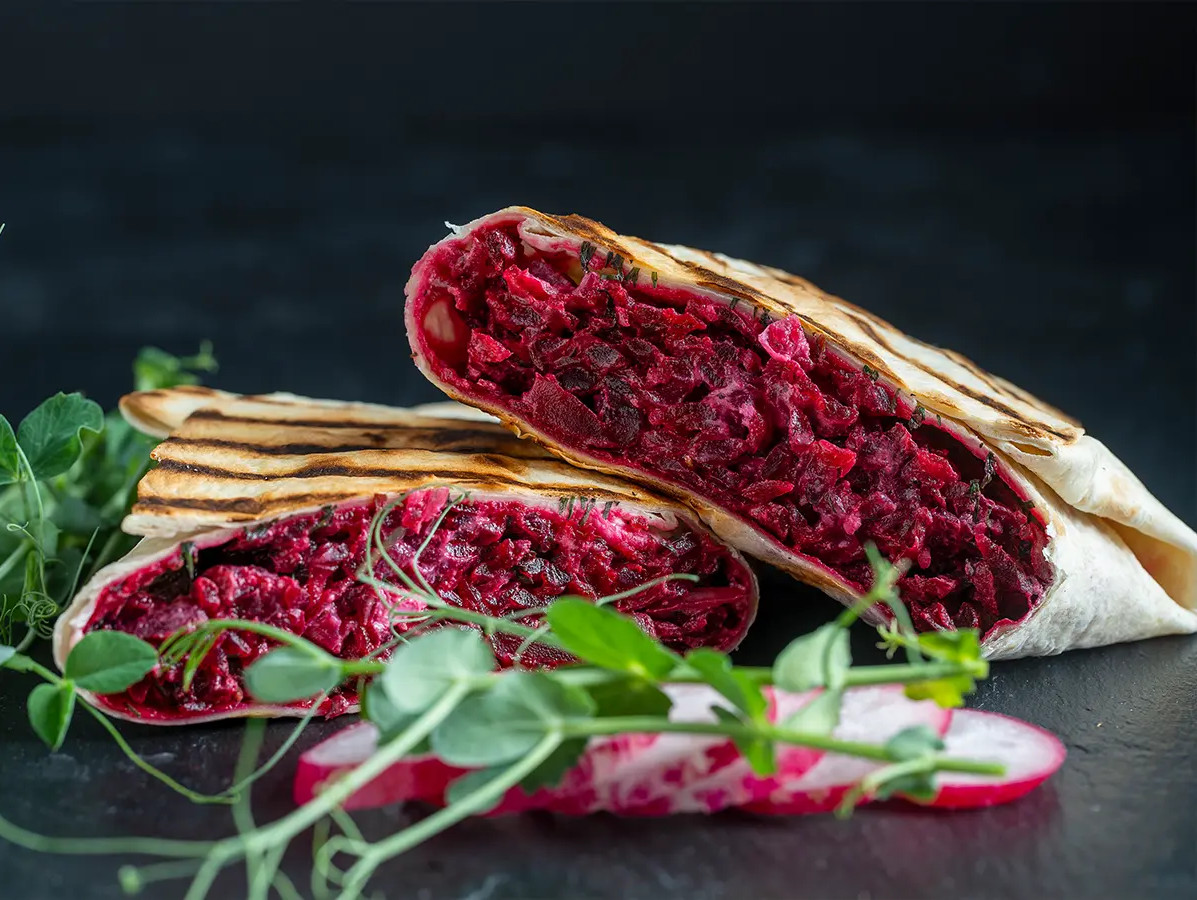
The Dutch market for meat substitutes is undergoing a significant shift. Plant-based products that don’t aim to resemble meat are gaining in popularity. This trend, known as "Plant Forward," aligns more closely with changing consumer preferences. Recent research by consultancy firm Griffith Foods shows that consumers are increasingly paying attention to the ingredients and processing levels of their food. This has boosted products that proudly showcase their plant-based origins.
Instead of imitating meat, new meat substitutes embrace the taste and texture of plant-based ingredients. Companies like Beyond Meat and Vivera are fully embracing this strategy. At the end of July, Beyond Meat launched plant-based sausages made from lentils, spinach, and bell peppers. These products are similar to the bean and beet burgers that were common about ten years ago. Vivera, a well-known player in the Dutch market, has also announced plans for a similar product line.
The ‘clean label’ approach is becoming increasingly important to consumers. According to Griffith Foods, 79% of European consumers prefer to avoid artificial ingredients. This trend is particularly relevant for vegetarians, vegans, and strict flexitarians, who typically eat meat no more than two days a week. This group seems more interested in products without a meat-like appearance, while more traditional flexitarians are less engaged. With their new Plant Forward offerings, companies are hoping to attract this health-conscious group of consumers.
The rise of this category is evident in the numbers. In 2023, 18% of meat substitutes were Plant Forward products. While this segment grew by 6.5% last year, the demand for products that mimic meat fell by 6.3%. The future of meat substitutes appears to be shifting towards plant-based products that highlight their own unique characteristics.
Source: Foodbusiness.nl